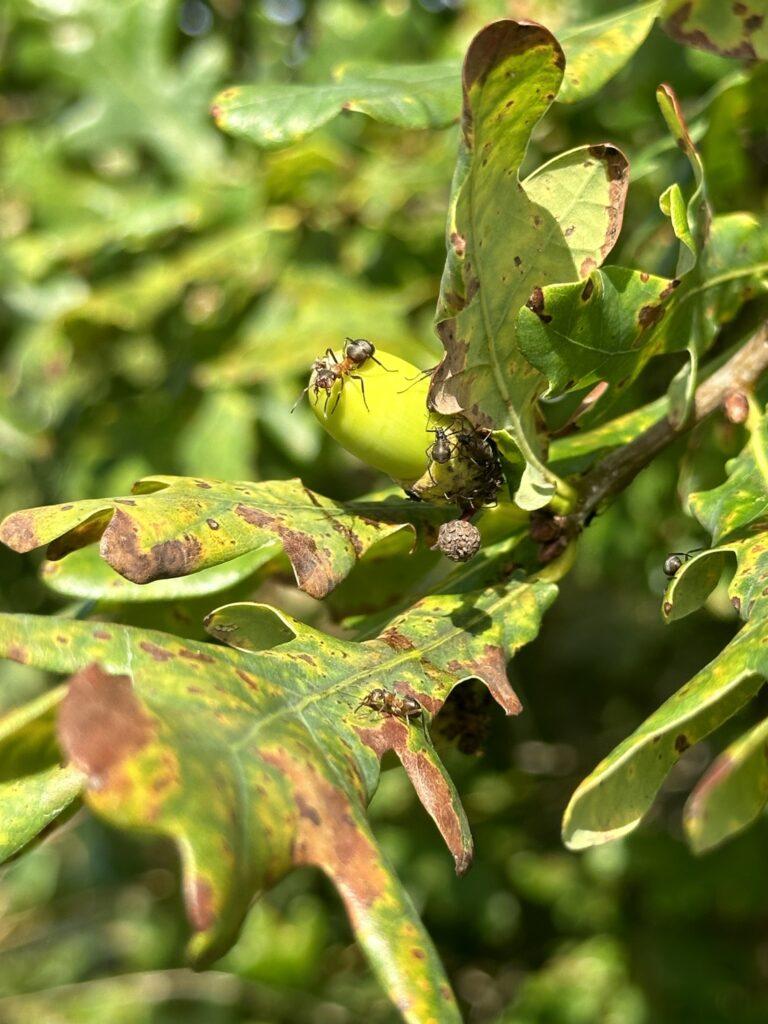




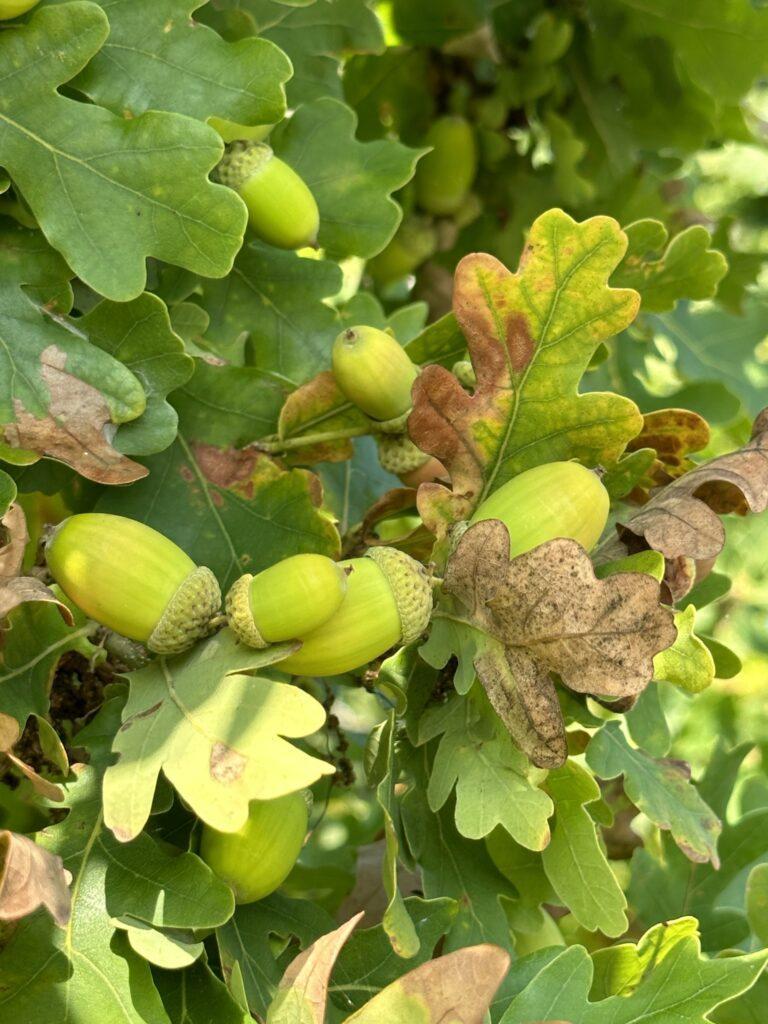



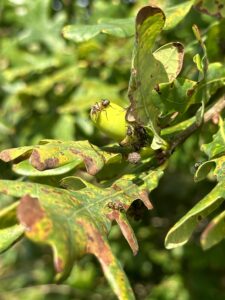

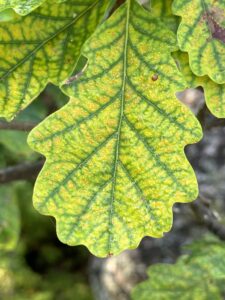


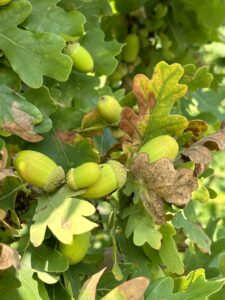
The Oak Project will explore the future of forests in southern Sweden and chart the course for climate-resilient oak ecosystems.
Sweden’s landscapes are predominantly forested, with oak forests integral in maintaining biodiversity and providing substantial ecological and economic benefits. Recent decades have brought significant environmental changes due to climate change, marked by rising temperatures, shifting precipitation patterns, and increasing frequency of extreme weather events. These changes pose considerable challenges to forest ecosystems, particularly in southern Sweden, which now faces heightened threats from diseases and pest infestations that compromise forest health.
This project aims to enhance our understanding of the dynamics of oak forests, considering different levels of diversity and growth patterns. By employing advanced scientific techniques such as DNA sequencing and dendrochronology, we seek to analyse, predict, and mitigate the impacts of these environmental shifts on oak forests. Our ultimate objective is to develop sustainable forest management practices that preserve oak forests and assess their potential to replace less suitable species, like spruce, in southern Sweden’s changing forested landscape.











The Oak Project will explore the future of forests in southern Sweden and chart the course for climate-resilient oak ecosystems.
Sweden’s landscapes are predominantly forested, with oak forests integral in maintaining biodiversity and providing substantial ecological and economic benefits. Recent decades have brought significant environmental changes due to climate change, marked by rising temperatures, shifting precipitation patterns, and increasing frequency of extreme weather events. These changes pose considerable challenges to forest ecosystems, particularly in southern Sweden, which now faces heightened threats from diseases and pest infestations that compromise forest health.
This project aims to enhance our understanding of the dynamics of oak forests, considering different levels of diversity and growth patterns. By employing advanced scientific techniques such as DNA sequencing and dendrochronology, we seek to analyse, predict, and mitigate the impacts of these environmental shifts on oak forests. Our ultimate objective is to develop sustainable forest management practices that preserve oak forests and assess their potential to replace less suitable species, like spruce, in southern Sweden’s changing forested landscape.
![]() & The national research programme on climate
& The national research programme on climate 




![]() & The national research programme on climate
& The national research programme on climate 




Are you ready to turn your passion for nature, ecology and sustainability into real-world impact? The Master’s Programme in Ecology and Sustainable Development gives you the knowledge, skills and mindset to shape a sustainable future — and opens doors to a broad range of careers and research opportunities.